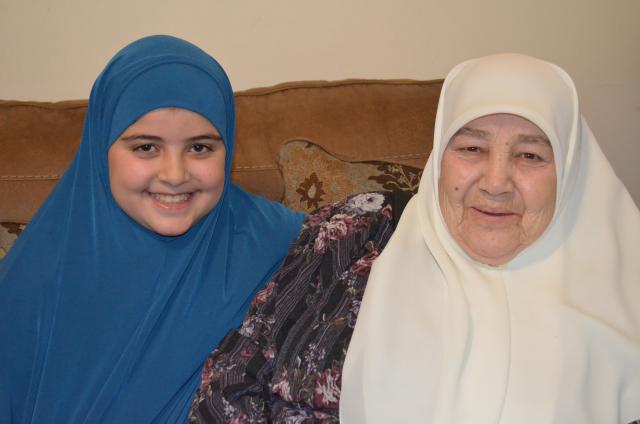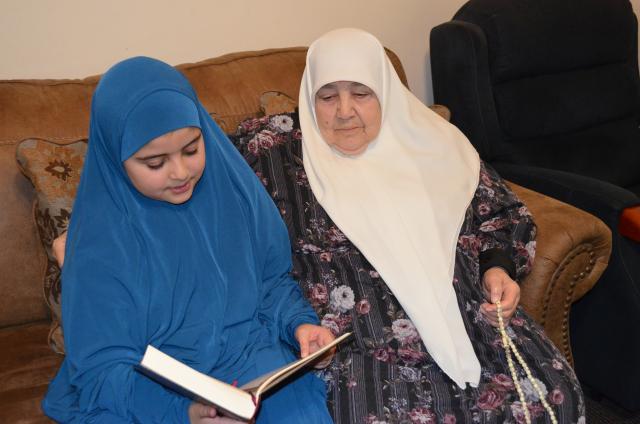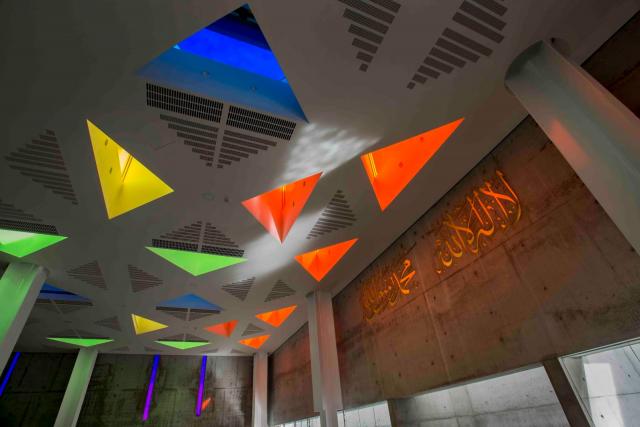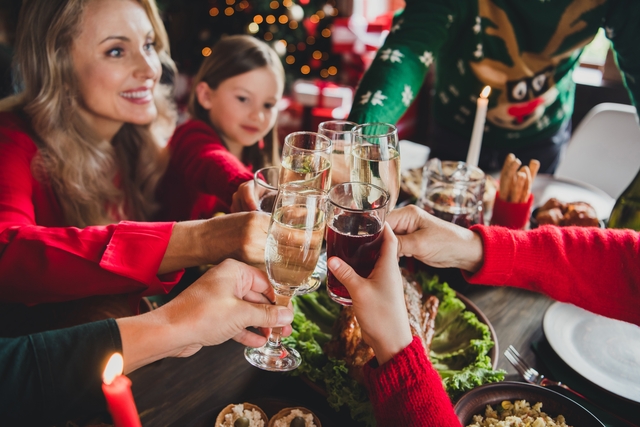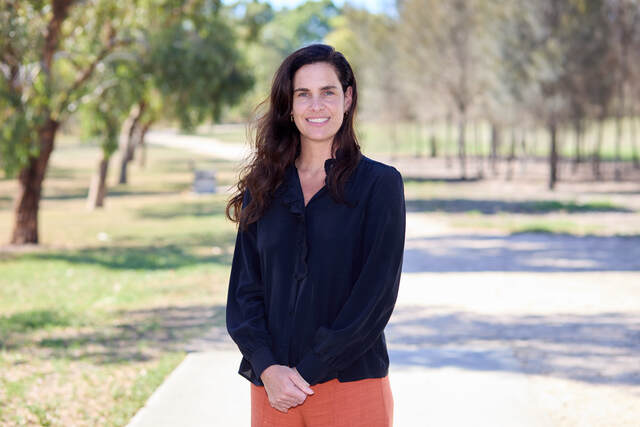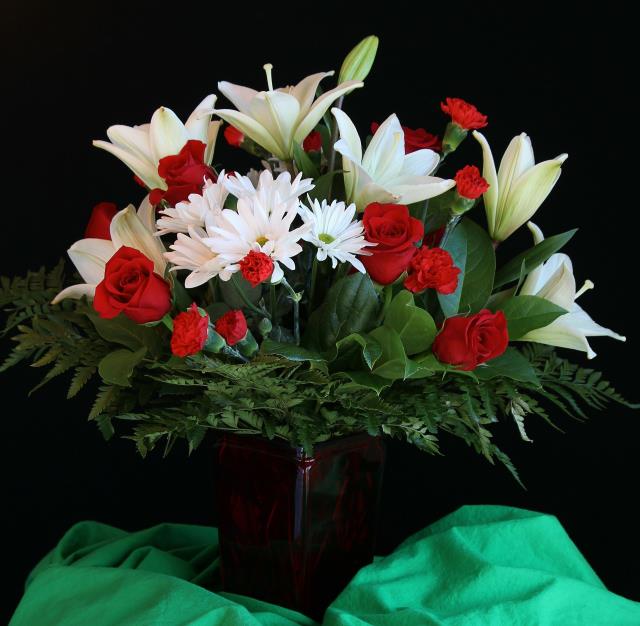PRECEDE: Ramadan began on Friday, April 1 for Muslim’s across Melbourne’s northern and western suburbs. Helena Abdou spoke to Newport grandmother Mounira Osman and her granddaughter Wajiha about what the holy month of fasting means to them.
Yes, not even water. When Muslims spend 30 days fasting from sunrise till dusk, they abstain from food and drink.
It’s the ninth month in the Islamic calendar and the holy month of fasting.
It starts and ends with the appearance of the crescent moon.
This year, Ramadan began on the evening of Friday, April 1 and end the evening of Sunday, May 1.
According to the Demographic Resource Centre at .ID, there are over 100,000 Muslims in Melbourne, some of whom, like nine-year-old Wajiha, will be fasting their first Ramadan.
“I’m excited to be fasting Ramadan this year, it’s going to be my first one,” Wajiha said.
Wajiha’s favourite part of the holy month is rekindling her relationship with God and loved ones.
“I get to reconnect with Allah (God) and my family and we sit together and have dinner,” she said.
However, she won’t be doing the momentous celebration alone, her 78-year-old grandmother has been fasting for almost 70 years .
“I started fasting when I was 10-years-old and I’m going into my 68th year now,” Mounira Osman said.
For Ms Osman the holy month means more than just fasting.
“Ramadan gives meaning to your life and soul, it’s about building a deeper connection with Allah through praying and a time to be compassionate towards others,” Ms Osman said.
Muslims believe it to be a time to further develop your submission to God, empathise with the less fortunate and focus on spirituality.
Fasting forms one of the five pillars of Islam which constitutes the basic norms of a practicing Muslim.
This way of life was depicted in the Quran through the teachings of Prophet Muhammad.
“This is a very peaceful time for me, it’s where I find myself most grounded and feel whole as a person,” Ms Osman said.
Reminiscing on previous Ramadans, Ms Osman says not a lot has changed with the sense of community and love still very much strong.
“I remember one of my first Ramadan’s in Australia and how me and my Muslim neighbours would go around to each other’s homes with a plate of food and before you know it you had a table-spread fit for a king,” Ms Osman said.
“But it’s not just about food, people really come together in these times and look out for one another.”
Muslims in Australia taking part in Ramadan will spend 13 hours of their day fasting, this is a sign of “rahma (mercy)” to Ms Osman.
“When we were younger in Lebanon, around my granddaughter’s age, we had a shortage of water and hardly any food but we made it through and it makes you appreciate everything you have now,” she said.
There are exemptions when it comes to fasting for certain individuals.
If you are sick, pregnant, menstruating, nursing or traveling long distances you are not expected to fast.
The elderly and young children aren’t required to fast either.
Ms Osman and her granddaughter Wajiha have chosen to fast this year even though they don’t have to.
“As long as I have my health and the strength to do so I’ll continue to fast,” Ms Osman said.
“The religion is very forgiving, fasting isn’t a form of punishment but rather a body and soul cleanse.”
Ms Osman naturally wakes up at 4am every day during the sacred month to prepare breakfast for herself and her husband to help prepare them for the day ahead.
“After breakfast, I’ll do my morning prayers and read the Quran and begin my day of worship,” she said.
This year will be the first time Ms Osman will be able to have all six of her children and 31 of her grandchildren over for a pre-Ramadan dinner.
“The last two years, Ramadan has been a bit lonely because I didn’t have the chance to have all my family over due to the pandemic,” Ms Osman said.
“I love hosting and having my family around, year round.”
Wajiha looks forward to being around her extended family again and observing the sacred month alongside them.
“I can’t wait to see my cousins and celebrate the start of Ramadan with them.”
Ms Osman is elated that yet another grandchild will be joining her with fasting for the first time.
“I’m happy to be able to see my grandchildren grow up and take part in such a blessed month,” she said.
When the sun sets on the night of the 30th day, Muslims will begin their post Ramadan festivities.
To celebrate Eid al-Fitr, Muslims dress up, visit one another and attend local Eid festivals.
“Through all the trials and tribulations we faced the past two years, we get to be together again and that’s what’s most important,” Ms Osman said.

